with STEM™ CAREERS JOB KIT
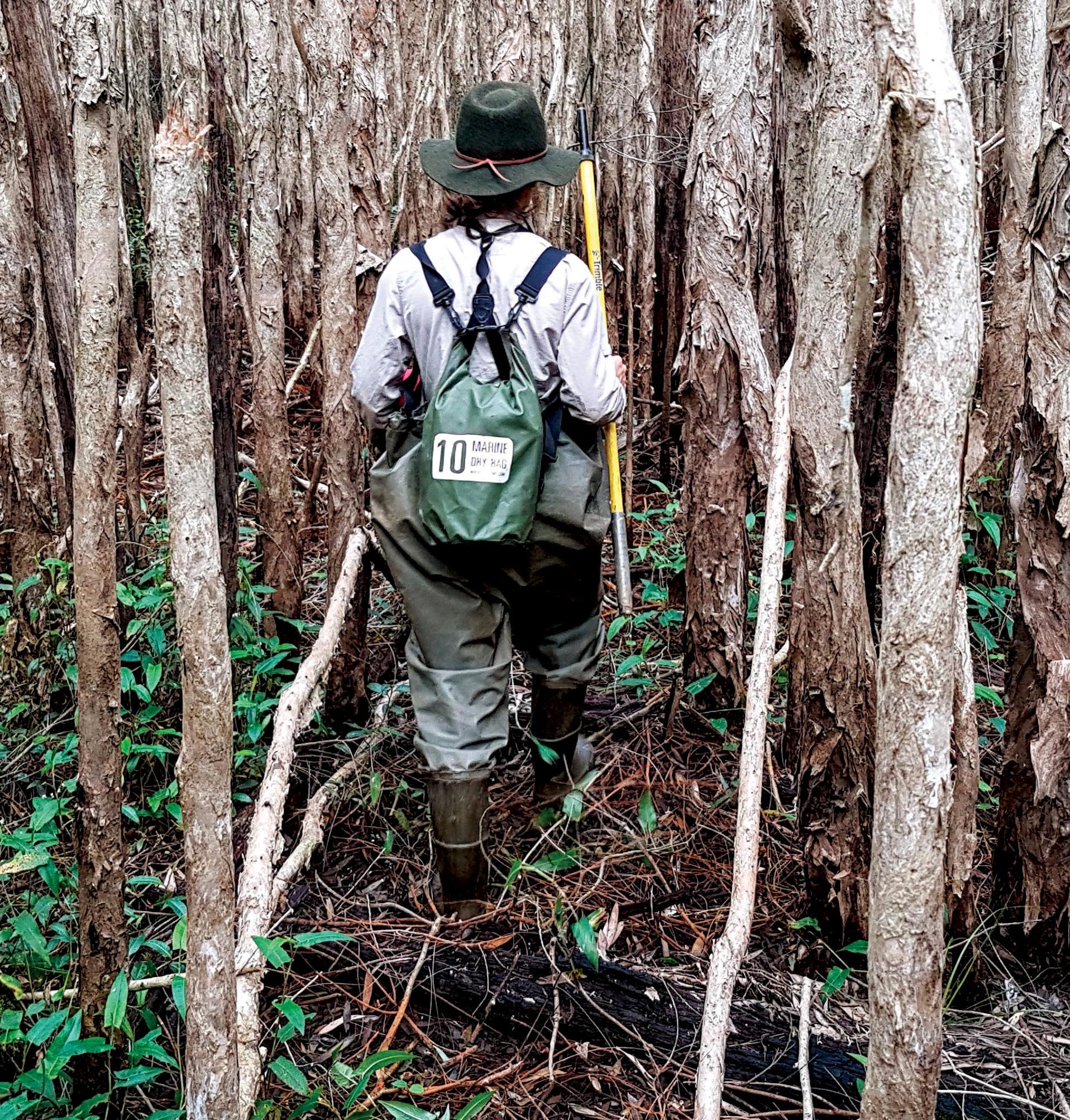
Environmental Engineer
Impact global issues such as climate change, water security and sustainability



Impact global issues such as climate change, water security and sustainability




Environmental engineering is about impact. As an environmental engineer, you’re involved in designing, building and managing sustainable infrastructure, which means you can help prevent negative environmental impact, before it even happens.
You’re empowered to make a real difference at the start of a project – reaching far beyond just measuring damage after it’s done.
Our approach to environmental engineering at UNSW is wide and multidisciplinary. You’ll learn all your core engineering skills – like design, maths and problem solving. Then dive into ecology, biology, chemistry, policy, and law. Plus you’ll learn how people interact with ecosystems and infrastructure, and design solutions that benefit our environment and our communities.
You’ll learn everything from environmental law to good communication – skills that will help you influence change where it matters most.
At UNSW, environmental engineers are based in the School of Civil and Environmental Engineering, which gives us unique access to infrastructure projects – think green transport, flood management and air pollution control. Our worldclass facilities at the UNSW Water Research Centre and Water Research Laboratory make UNSW a leader in water management. As a student, you can work on projects around wastewater, wetlands, coastal engineering, mangrove modelling, fish-friendly dams and more.
Environmental engineering is a truly global pursuit, with job opportunities all over the world. If you care about people, the planet and using smart science to drive change, then I highly recommend environmental engineering as a career where you can do all that, and more.
You won’t just study the problem. You’ll be empowered to design the solution.
Ruth Fisher, Senior Lecturer Environmental Engineering and Sustainability UNSW
Being an environmental engineer is rewarding in every way
WE ASKED JANET SALEM, CO-FOUNDER OF CLIMATE TECH STARTUP FOOTPRINT LAB, WHY SHE LOVES BEING AN ENVIRONMENTAL ENGINEER
Because people listen to engineers. So many technical solutions to environmental issues exist and yet don’t make it in society. I want to understand these solutions better, and work to get them into society at scale. Hey Janet, why environmental engineering?

Footprint Lab converts environmental datasets into actionable data. This helps businesses see where they should take action. It’s changing the way we spend, lend and invest.
I did a Bachelor of Environmental Engineering and a Master of Engineering Science at UNSW. My first jobs involved environmental analysis, then I worked with the United Nations to provide scientific evidence to support policy decisions around international environmental issues.

As a start-up founder, I do everything from ensuring Footprint Lab is constantly collecting and curating data, to identifying potential new markets, to speaking at events, to regular business stuff like financial planning and hiring.
You’d be surprised how many UN officials are engineers. I worked on everything from green buildings to sustainable tourism, circular fashion, reducing food waste and sustainability in eCommerce. This was classic problem-constraints-solution engineering thinking, even though it wasn’t a typical engineering field. Check me out on YouTube here
Simply the best
UNSW’s engineering faculty consistently ranks as the best in Australia. You’ll get hands-on experience, access to global research, industry placements and flexible double degree options.
Choose this career if you ...
✔ Want to solve big challenges like climate change, waste and water security ✔ Like science, maths, business, law communicationand ✔ Want to multidisciplinarydesignsolutions that protect the planet
✔ Care about social impact – but don’t necessarily want to be an activist
On the up
• Environmental engineering is one of the Top 15 Fastest Growing Jobs.
• Climate change mitigation is one of the top three Most Transformative Trends.
• Environmental stewardship entered the top 10 Fastest Growing Skills for the first time in 2025.
Source: World Economic Forum
Thinking of studying a Bachelor of Environmental Engineering (Honours) at UNSW?
Core subjects include Engineering Design and Innovation and Climate Change and Environmental Sustainability.
Electives like Coastal Engineering and Groundwater Resource Investigation mean you can specialise or stay broad.
Capstone units like Planning Sustainable Infrastructure mean you’ll work on a real urban or regional project. Think sustainable water supply, innovative waste management, efficient energy and green transport design.

engineers have huge career versatility. Plus you’ll have hands-on experience in these Skills On
As an environmental engineer, your future is full of choice – and impact. Add value to industry and the environment in any of these example roles:
• Restorative engineer
• Blue-green infrastructure specialist
• Circular consultanteconomy
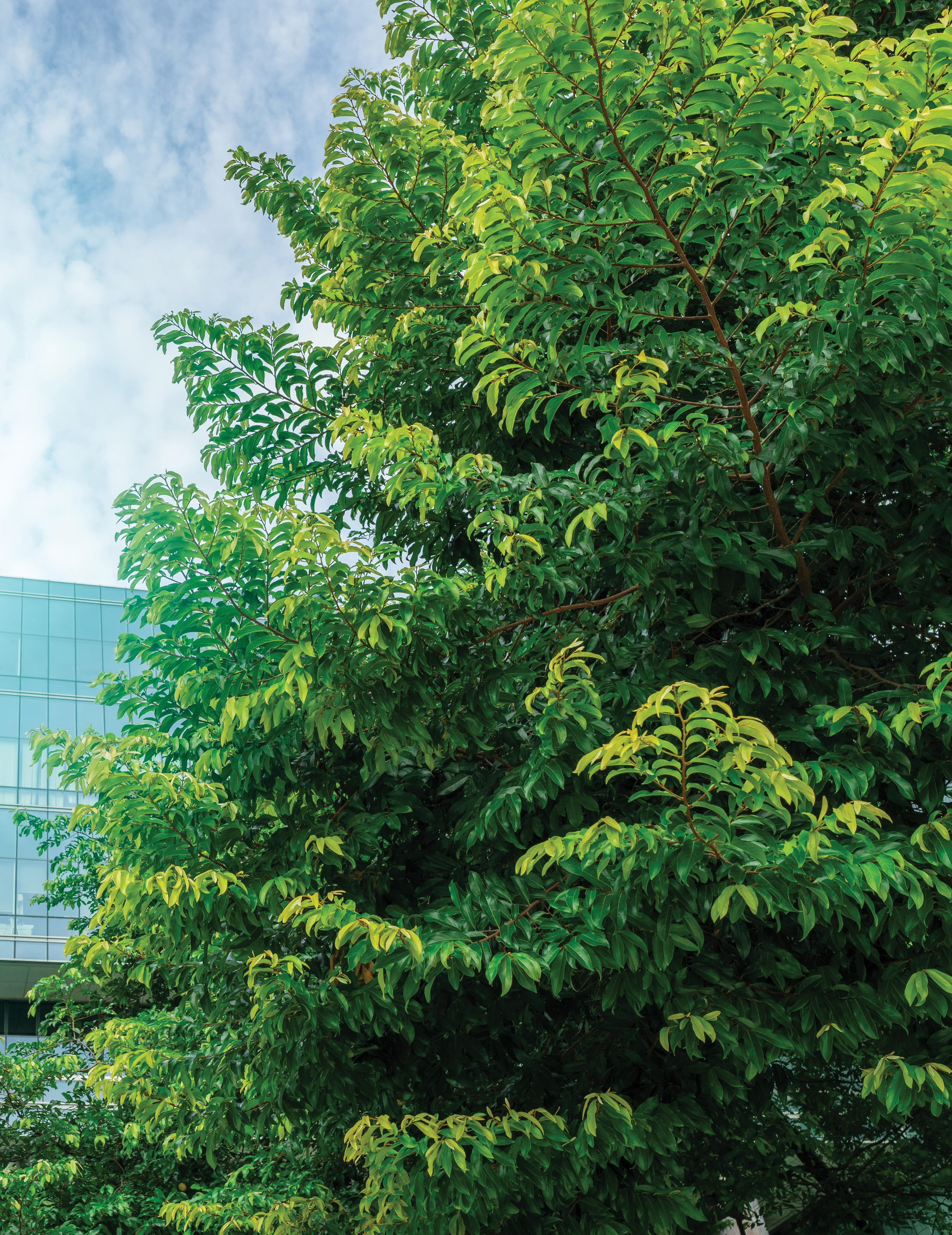
What to study at high school ✔ Maths (the
Chemistry
If you like science and solvingyou’reproblems, in!
• Water and wastewater treatment expert
• Air quality engineer
• Mining managerenvironmental
• Contaminated land engineer
ALSO you’ll benefit from industry placements, opportunities for travel as part of your coursework, and a multidisciplinary approach, with courses in engineering, science, law, management and more. How much?
A typical environmental engineer earns an average of $108K a year
*Source: Indeed.com

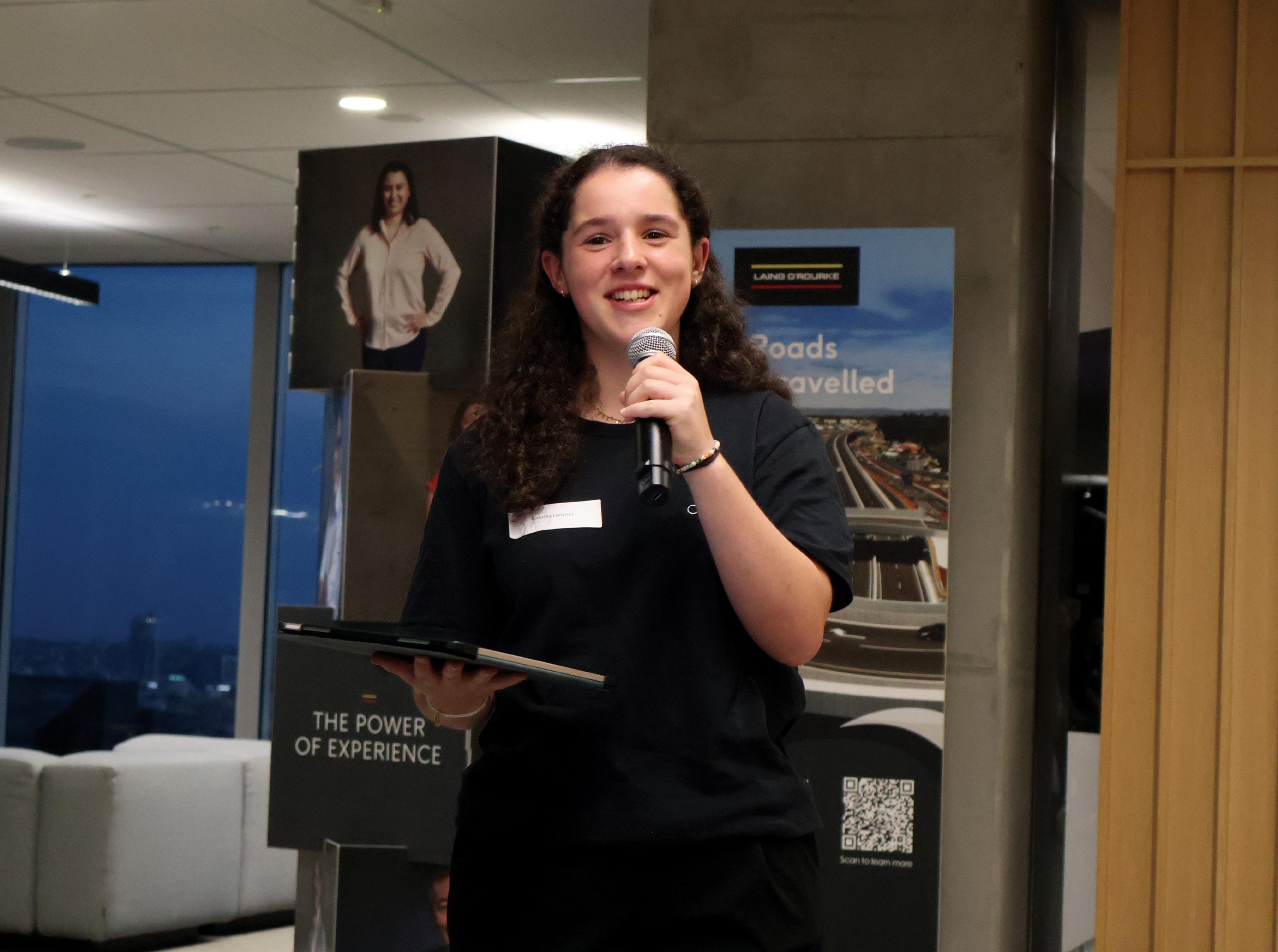
Who says you have to pick just one path? Originally enrolled in civil engineering, Claudia Lenzner discovered her true passion lay in sustainability and water systems. She made the switch to environmental engineering and never looked back.
Claudia is now studying a double degree in Environmental Engineering (Honours) and Arts (Sociology and Anthropology) at UNSW. “I chose engineering in part due to my dream of becoming an astronaut, and in part due to the possibility of solving real problems in a hands-on and practical way,” she says.
Claudia says a highlight of her study has been UNSW’s student society network. “The School of Civil and Environmental Engineering Society (CEVSOC) hosts all kinds of fun social
activities, as well as diversity and inclusion events such as a Blood Drive and Women in Civil Networking Night.”
Plus, there are opportunities to be part of student humanitarian engineering projects. “I recently travelled to regional NSW to teach STEM workshops with the UNSW Engineers Without Borders team,” Claudia says. “I’ll be travelling to the Solomon Islands in a couple of months’ time as part of a humanitarian engineering student project, working on water infrastructure in the Solomon Islands. We are hoping to make a real difference in people’s lives.”
Claudia also plays hockey for UNSW and will be travelling to the Gold Coast for Unigames. “UNSW sport has been a great way to make friends in other faculties.”
In her engineering studies, Claudia looks at wastewater, transport and land restoration; in her arts degree, she’s looking at social issues like gender, power and inequality.
Claudia knows her future career in humanitarian and environmental engineering will make a difference. Whether it’s focusing on disaster relief, environmental restoration and protection, or water infrastructure in vulnerable countries, she’s excited to put her passion to work.
As a kid, environmental engineer Erica Deegan loved spending time in nature. Now she spends her days working to support our natural habitat and our society.
After graduating from UNSW with a Bachelor of Engineering (Environmental) and Bachelor of Science (Geography), Erica’s career has taken her all over Australia. With a passion for beaches and water, she’s studied coastal sand movement, rip currents, riverbanks, wave models and more.
Now Erica works with the City of Launceston, leading a team across transport, water and infrastructure development for more than 70,000 residents. In a city like Launceston, built on a flood plain where three rivers meet, flood management is a big part of the job.
“On a global scale, we have neglected and over-developed our floodplains,” says Erica, who is now focused on improving her city’s urban waterways. Projects include better water conservation, ecosystem protection and improved sustainability across the city.
Erica says studying at UNSW gave her the practical skills to launch her career. “Some of my best memories were the hands-on-learning experiences,” she says. “Standouts were multiday field trips along the Hawkesbury River.”
As House President of her college (“Go Basser!”) and a UNSW student ambassador, Erica absolutely made the most of her uni experience. She even spent six months on UNSW exchange to the University of Nottingham in the UK.
Erica says environmental engineering empowers her to make a real difference.
“Careers in environmental engineering tackle some of the most pressing problems facing our communities,” Erica says. “We help, move and guide communities through challenges, solving problems along the way.”

erica deegan, senior leader Infrastructure and Engineering, City of Launceston

I love that I can see the impact of my work out and about in the city where I live”
Day in the life
8am
Walk to work while listening to a leadership podcast 8:30am
“I start the day by considering what I want to achieve, before preparing for upcoming meetings.” 10am
In meetings, like discussing the redevelopment of Launceston’s CBD 12:30pm
Lunch with the team and a walk 1:30pm
Inspect a section of the flood levee system.
4pm
Dedicated focus time (“with a cup of tea!”)
Arup | Graduate Tour | Environmental Engineering (YouTube)
Take a tour of engineering firm Arup with a UNSW environmental engineering grad.
Environmental Engineer | a day in the field (YouTube)
Head to Mexico for a day with environmental engineer Natalie Gayoso.
Check out Project Halo
UNSW’s Professor Will Glamore is working to restore Fiji’s mangroves as part of his UNSW environmental engineering research.
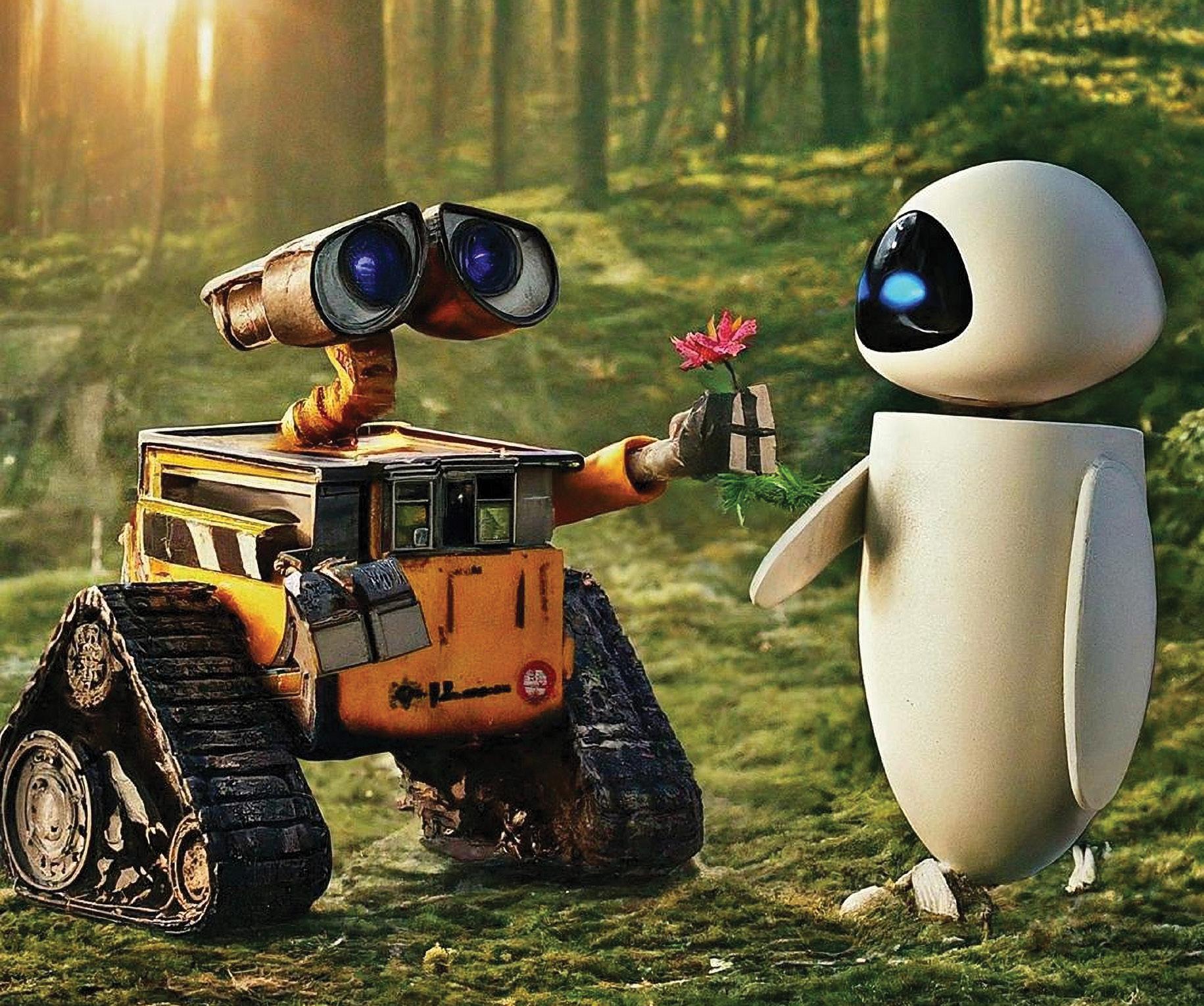

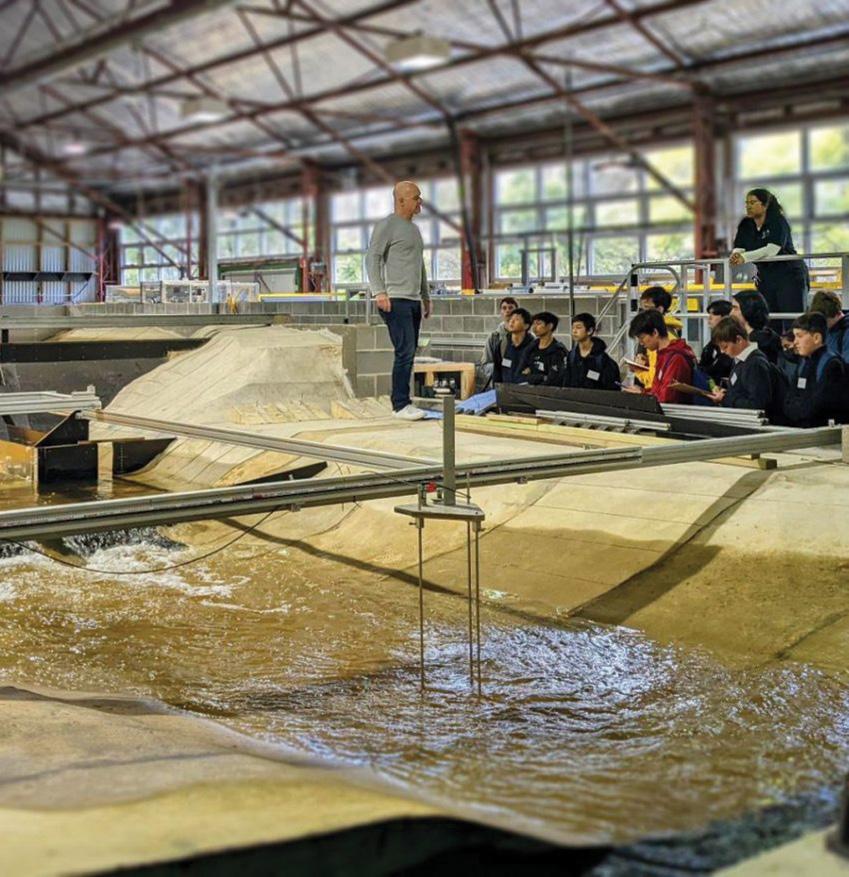
This dystopian Disney classic looks at what might happen when waste management systems fail.
Cloudy with a Chance of Meatballs Ever wished food would rain from the sky? This shows that even the most wellmeaning of new technologies require assessment for their long-term environmental impacts.
The Boy Who Harnessed The Wind
Based on the true story of William Kamkwamba, a schoolboy from a village in Malawi who builds a windmill to power the town’s broken water pump.
Engineers Without Borders Australia Travel, engineering and practical projects that help humanity? Yes please.
The backyard scientist Do try this at home. Experiments with everyday items involving engineering and environmental principles.
UNSW Water Research Laboratory
Check out what UNSW’s water engineering research team have been posting on Facebook.
• What’s it like at a first year UNSW Civil and Environmental Engineering Society camp? Find out and get amongst it
• Love beaches? Snap a coastline photo for citizen science app CoastSnap, founded by UNSW Associate Professor Mitch Harley from the UNSW Beach Safety Research Group


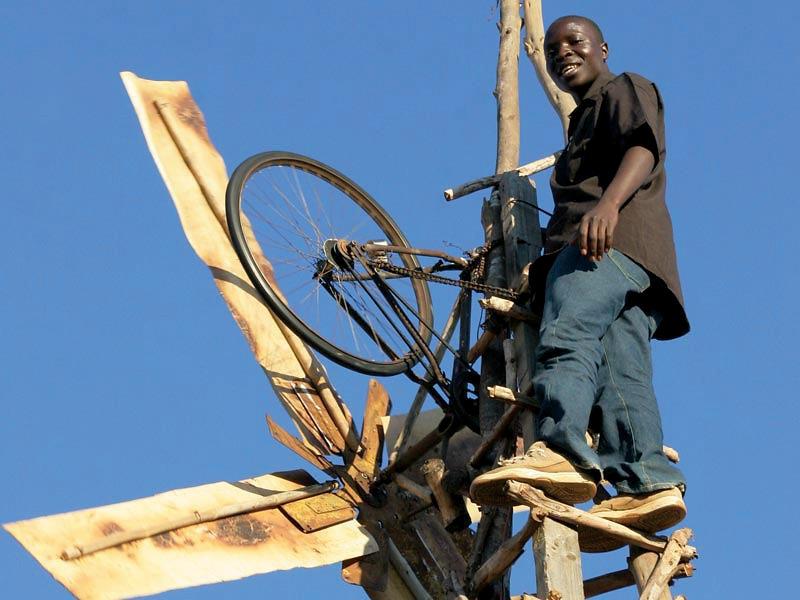
Want the job? Be like the environment
✔ Adaptable: Our ecosystems thrive thanks to diversity and adaptation. You’ll also need to be multidisciplinary, highly adaptable and always ready to try something new.
✔ Resilient: Nature is constantly moving forward, even in the face of floods, fires and disturbance. You’ll need to be resilient, able to find solutions and fix issues.
✔ Efficient: Nature reuses and recycles everything. Solving problems with minimum waste and maximum efficiency is pretty much your job description.
Terraria: Download from STEAM Learn about terraforming, biome management and resource optimisation in this action-adventure sandbox game.

SimCity: Download from EA Manage power, waste, transportation and pollution in your simulated city.